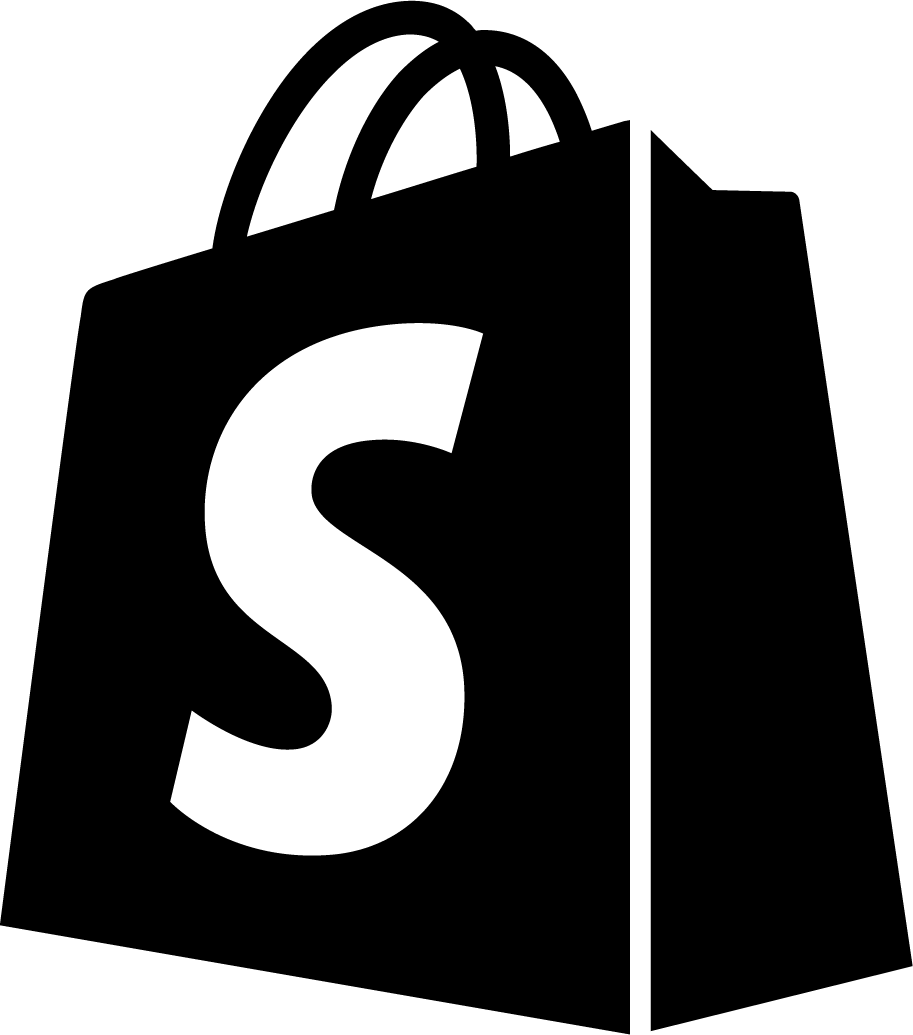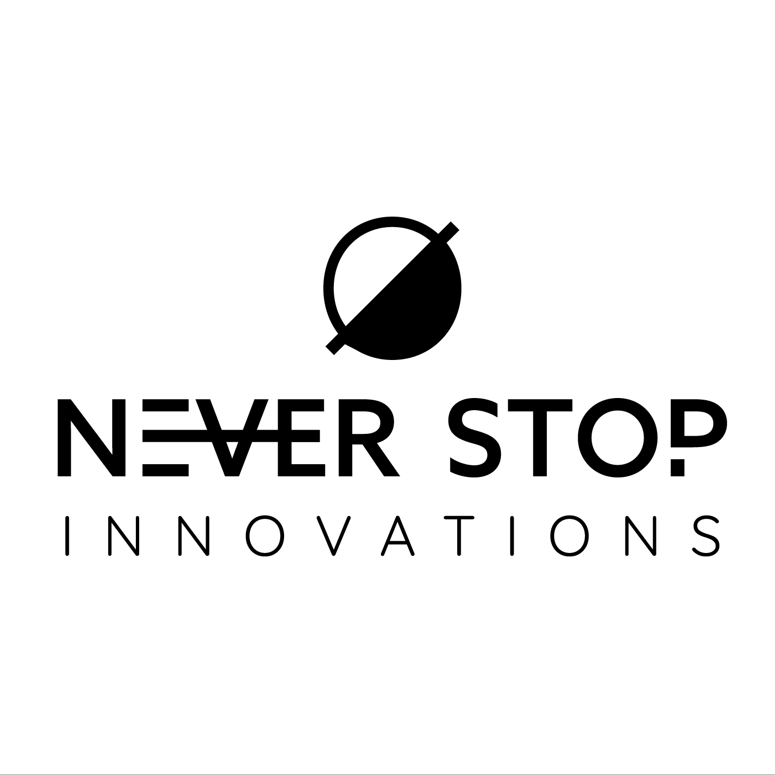Shopware vs. Shopify
Shopware’s Fair Usage Policy is bringing movement to the market – is it worth switching?
Shopware's new Fair Usage Policy is causing uncertainty. We do an honest comparison: What does Shopify do better – and how much does it really cost?

Shopware vs Shopify: Time for an honest decision
In e-commerce, standing still is not an option. Successful sellers need a platform that grows with their business – and that they can rely on. But this is precisely where Shopware is currently causing uncertainty: With its new licensing model and the so-called Fair Usage Policy, the rules of the game are fundamentally changing.
The pricing structure is suddenly unclear, scalability is limited, and many retailers are asking themselves: Is it still worth staying with Shopware – or is now the right time to switch to a modern, growth-friendly platform like Shopify?
This page gives you a clear overview of both systems – and helps you make an informed decision for your business .
Fair Usage at Shopware:
Unclear rules, incalculable costs
Shopware wants to ensure fair use of its open source solution – high sales will contribute to funding . Many users perceive the new regulation as opaque . The following points are most frequently criticized:
Unclear sales definition and composition
External channels count (Amazon, eBay, POS)
No early warning at limit value
Intransparent data collection
“Fairness” is vaguely formulated
-
What has really changed at Shopware
Shopware was long considered a flexible, German system for ambitious online shops. However, its focus has changed noticeably in recent years – especially with the introduction of the so-called Fair Usage Policy, which is already attracting criticism within the community.
-
The result:
Many shop operators suddenly no longer know how their running costs are developing. Those who grow could be penalized for this in the future. This is a massive disadvantage, especially for ambitious brands. If you want to avoid the disadvantages of the Fair Usage Policy , you now have to carefully consider which systems you want to connect to Shopware.
-
What does that mean specifically?
Shopware's Fair Usage Policy requires merchants with high annual revenue to upgrade to a paid plan. This policy includes not only sales from the online store, but also sales through marketplaces such as Amazon or eBay, as well as POS systems, provided they are connected via Shopware. This can be problematic for merchants, as they already pay fees to the marketplaces and could now incur additional costs for Shopware.
-
In addition, the following challenges arise:
- Licenses with sometimes substantial monthly fees
- Hosting must be arranged externally
- Technical maintenance effort remains high
- Important features only in expensive Enterprise versions
Shopware remains powerful – but may only make sense if you have a strong internal development team and are willing to dig deeper into your pockets as sales increase.
Who is Shopware still interesting for?
Shopware is not bad per se – but not the best choice for everyone
Despite all the challenges, there are scenarios where Shopware can demonstrate its strengths. The system can be particularly useful for very specific B2B requirements or complex product logic – provided you have the necessary development resources in-house.
Shopware's API openness also makes it a great choice for special ERP integrations or unusual checkout processes. However, these advantages come at a high price—not just in monetary terms, but also in terms of effort, maintenance, and uncertainty.
Our conclusion: For most D2C brands, startups, and growth-oriented companies, Shopify is the better choice today.

Shopify – The platform for modern e-commerce teams
A system that lets you grow – not slows you down
Shopify has become the world's most popular e-commerce platform in recent years – and for good reason.
While other systems struggle with complexity, licensing models, and technical hurdles, Shopify offers one thing above all: clarity .
No hidden costs.
No fair usage policies.
No incomprehensible licenses.

Instead you get:
- A transparent pricing model with monthly plans
- Hosting, maintenance and updates included
- Intuitive operation without technical know-how
- A huge app ecosystem for all use cases
- The ability to scale internationally – without technical reengineering
This makes Shopify the platform of choice, especially for growing D2C brands. Fast time to market, strong performance, and a global ecosystem of tools and agencies to support you.

Why NEVER STOP is your Shopify agency
From the idea to the launch – we accompany you holistically
At NEVER STOP Innovations, we rely 100% on Shopify – because we know it helps our customers sell faster, more efficiently, and more successfully .
Whether you're switching from Shopware or starting from scratch, we'll make your Shopify store the growth engine of your business.
We offer you:
-
Strategic consulting & shop conception
-
Complete setup - from theme to payment integration
-
Migration from Shopware to Shopify (including data transfer)
-
Ongoing support, CRO & Performance Marketing
-
A sincere partnership on equal terms
Finde den passenden Plan für dich
Basic
Besonders beliebt
Für kleine Shops
Gebühren ab:
- Kreditkarten: 2,1% + 0,30 €
- Paypal: 0%
Es fallen die Paypal Gebühren an - Klarna: 2,99 % + 0,35 €
Keine extra Klarna Gebühren - Vorkasse: 0%
- Rechnung: 0%
Funktions-Highlights
- Voller Standard Funktionsumfang*
- 10 Inventarstandorte
- Chat-Support rund um die Uhr
- Nur 1 Zugang - keine Mitarbeiterkonten
² 3 Tage kostenlos testen und danach 3 Monate für 1€
Grow
Für kleine Teams
Kartengebühren ab:
- Kreditkarten: 1,8 % + 0,30€
- Paypal: 0%
Es fallen die Paypal Gebühren an - Klarna: 2,99 % + 0,35 €
Keine extra Klarna Gebühren - Vorkasse: 0%
- Rechnung: 0%
Funktions-Highlights
- Voller Standard Funktionsumfang*
- 5 Zugänge für Mitarbeiter
- 10 Inventarstandorte
- Chat-Support rund um die Uhr
² 3 Tage kostenlos testen und danach 3 Monate für 1€
Advanced
Für große Unternehmen
Kartengebühren ab:
- Kreditkarten: 1,6 % + 0,30 €
- Paypal: 0%
Es fallen die Paypal Gebühren an - Klarna: 2,99 % + 0,35 €
Keine extra Klarna Gebühren - Vorkasse: 0%
- Rechnung: 0%
Funktions-Highlights
- Voller Standard Funktionsumfang*
- 15 Zugänge für Mitarbeiter
- 10x mehr Checkout Kapazität
- 10 Inventarstandorte
- Chat-Support rund um die Uhr
² 3 Tage kostenlos testen und danach 3 Monate für 1€
FAQ - Frequently Asked Questions about the Fair Usage Policy & Shopify Migration
What exactly does Shopware’s Fair Usage Policy mean?
Am I affected by the Fair Usage Policy?
How does the migration to Shopify work?
How much does Shopify really cost?
Is Shopify also suitable for beginners?
Shopify Funktionsumfang
← Wische, um alle Pläne zu sehen →
| Merkmal | Basic | Grow | Advanced |
|---|---|---|---|
| Monatlicher Preis | 36 € | 105 € | 384 € |
| Jährlich zahlen | 324€ à 27€/Monat |
948€ à 79€/Monat |
3468€ à 289€/Monat |
| Onlineshop | Voller Funktionsumfang | ||
| Checkout mit bester Conversion-Rate |
✔ | ✔ | ✔ |
| Unbegrenzte Produkte | ✔ | ✔ | ✔ |
| Zusätzliche Mitarbeiterkonten | ✘ | 5 | 15 |
| Shopify Email | ✔ | ✔ | ✔ |
| Marketing-Automatisierung | ✔ | ✔ | ✔ |
| Mehrsprachigkeit | ✔ | ✔ | ✔ |
| SSL-Zertifikat | ✔ | ✔ | ✔ |
| Unbegrenztes Hosting | ✔ | ✔ | ✔ |
| Benutzerdefinierte Apps | Begrenzt | ✔ | ✔ |
| Shopify POS Lite | ✔ | ✔ | ✔ |
| Shopify POS Pro (79 €/Standort) | ✔ | ✔ | ✔ |
← Wische, um alle Pläne zu sehen →
Shopify – Fair. Clear. Growth-friendly.
Shopify puts an end to surprises
Unlike Shopware, Shopify offers you a fully predictable pricing model, regardless of how fast you grow:
- No fair usage clauses
- Clear pricing levels for every company level
- Hosting, maintenance and support included
- Upgrade only if you really want more
You know what you're getting into from the start – and that's exactly what you need as a growing e-commerce business.
At NEVER STOP Innovations, we're a leading Shopify agency ready to embark on your new journey with you. Let's find out what we can do for your e-commerce business!

